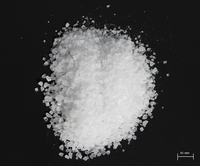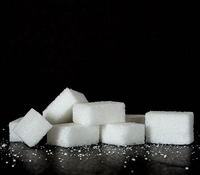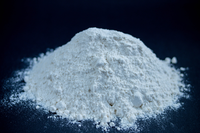Difference between revisions of "Solubility"
| Line 27: | Line 27: | ||
|[[File:Flour.png|center|200px]] | |[[File:Flour.png|center|200px]] | ||
|} | |} | ||
| + | |||
| + | ==Key Stage 3== | ||
| + | ===Meaning=== | ||
| + | [[Solubility]] is maximum mass of [[solute] that can [[dissolve]] in a given [[mass]] of [[water]]. | ||
| + | |||
| + | ===About Solubility=== | ||
| + | : If a large mass of [[solute]] is able to [[dissolve]] in a given [[mass]] of [[water]] it is referred to as '''soluble'''. | ||
| + | : If only a small [mass]] of [[solute]] is able to [[dissolve]] in a given [[mass]] of [[water]] it is referred to as '''insoluble'''. | ||
===References=== | ===References=== | ||
Revision as of 13:14, 23 February 2022
Contents
Key Stage 2
Meaning
Solubility is how easy it is to dissolve a solid in a liquid.
About Solubility
- If it is very easy to dissolve something then it is called soluble.
- If it is very difficult to dissolve something it is called insoluble.
Examples
| Salt | Sugar |
| Sand | Flour |
Key Stage 3
Meaning
Solubility is maximum mass of [[solute] that can dissolve in a given mass of water.
About Solubility
- If a large mass of solute is able to dissolve in a given mass of water it is referred to as soluble.
- If only a small [mass]] of solute is able to dissolve in a given mass of water it is referred to as insoluble.



